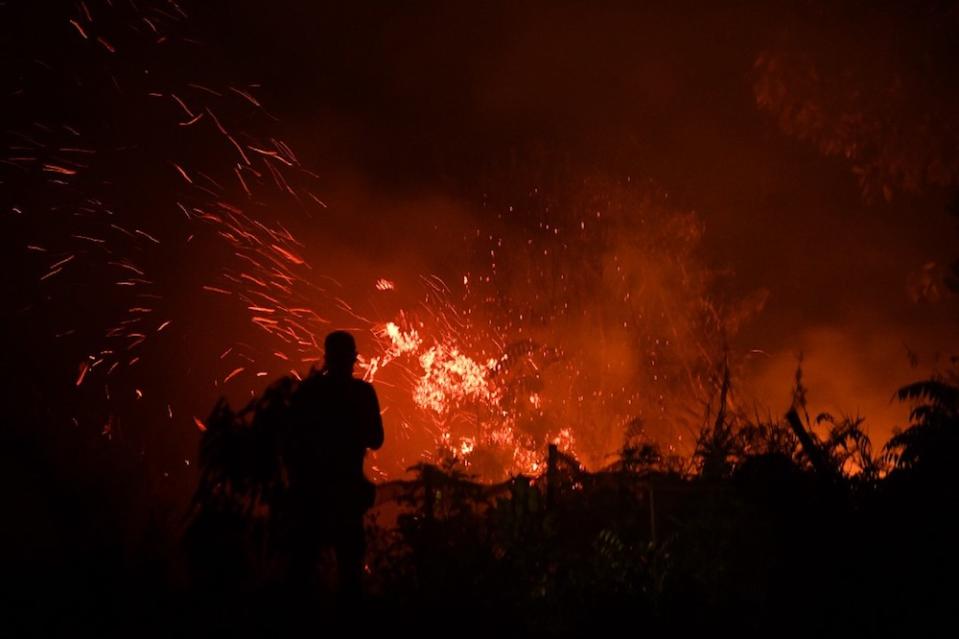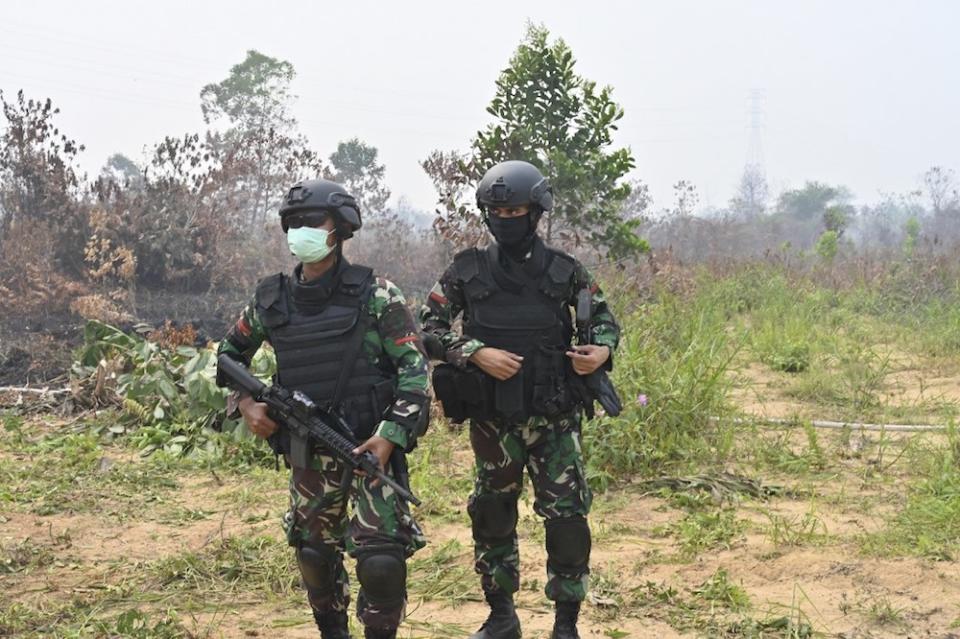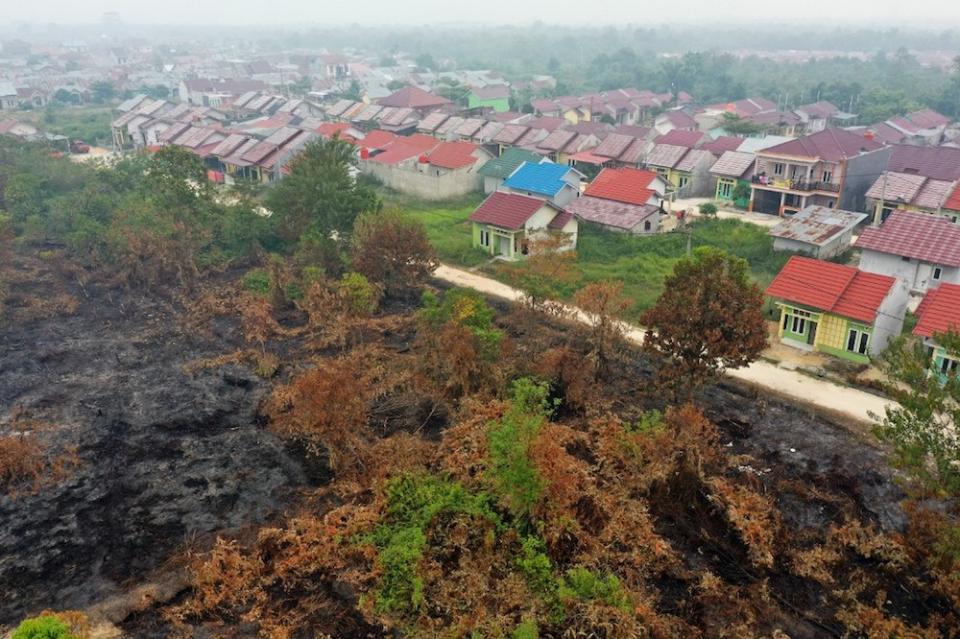Tackling transboundary haze: Does Malaysia need its own laws when Asean has a deal?

KUALA LUMPUR, Sept 18 — Some lawyers think Malaysia has been long overdue in drawing up its own laws to deal with air pollution caused by other countries as residents continue to choke on thick smoke believed caused by fires in Indonesia these past weeks.
Though Malaysia is a signatory of the 2002 Asean Agreement on Transboundary Haze Pollution, Kiu Jia Yaw who is well versed in environmental laws said the government should have followed up on the regional treaty by crafting its own law for any real effect.
“The 1997 haze incident was really, really bad, that is why it pushed the Asean Agreement in 2002. Now we seem to have forgotten what it was all about.
“Here we are in 2019, there are no serious institutions in place to prevent this toxic smoke from happening,” Kiu told Malay Mail when contacted.
Energy, Science, Technology, Environment and Climate Change Minister Yeo Bee Yin had on Sunday said her ministry will send a letter to the Asean Secretariat on the need to formulate and enforce a uniform trans-boundary haze law across the region to avoid recurrence of the problem in the future.

Right now, only Singapore has enacted its Transboundary Haze Pollution Act (THPA), which empowers its government to punish perpetrators that add to the haze domestically and allows individuals to take legal action against private companies abroad.
The law also targets companies and not countries that pollute the air as well as those who condone pollution by other companies or individuals.
Kiu said a THPA in Malaysia is very useful for legal action to be taken against Malaysian parent companies with overseas subsidiaries.
“With the THPA, it allows for actions by private citizens against private companies. We don’t have to ask our government to take action on our behalf anymore.
“This potentially puts power to respond to individuals who suffered the haze effects, for example a person with respiratory disease will be more motivated to hold people accountable, compared to a minister who does not. Don’t stand in their way,” he said.

But Kiu also said if Malaysia enacts its own THPA, it should also be able to work with Singapore’s own law for a broader and more effective punishment against corporations that pollute the region.
The lawyer also said if Malaysia had its own THPA, data would be “a bit more open” as currently, all Asean negotiations are closed-door affairs.
“For example, information such as activities of the palm oil players and information of palm oil subsidiaries has to be shared.
“But right now, even the Health Ministry has not disclosed much information on cases which are affected by the haze. By right they should reveal these information without being asked to,” Kiu said.
Even so, he has reservations that Malaysia will enact is own THPA any time soon, noting the possibility of public backlash, especially over the palm oil industry.
“There shouldn’t be that kind of fear. The focus should be ensuring the big players are compliant and are leaders in sustainability. Don’t adopt the ‘catch me if you can’ attitude,” Kiu said.

He also noted the government is seen as hesitant to create the law due to minister Yeo’s marital ties to palm oil giant IOI Corporation Berhad CEO Lee Yeow Seng.
“It is a perceived conflict of interest as he is afterall the heir of IOI,” Kiu said of Lee, adding “Yeo has to address that.”
Another lawyer Lim Wei Jiet said all that is needed is political will to enact the THPA.
“It is not a complex legislation and hence stakeholder consultation would not need much time.
“The government should ride on the public sentiment and expeditiously table one in the next Parliament sitting,” he told Malay Mail when contacted.

Lim also said that he does not see any obstacles in the way of Malaysia creating its own THPA, adding that the law will be effective as long as it is as comprehensive as Singapore’s version and enforced by independent bodies.
However, lawyer Roger Chan Weng Keng thinks it premature for Malaysia to establish a transboundary haze law.
The Malaysian Bar vice-president who also chairs its environmental and climate change committee said in a statement that the Asean agreement has not been fully utilised by member states within the spirit of those provisions.
Chan also viewed that it was premature to establish an Asean transboundary haze law, saying member countries are already treaty-bound by the agreement.
But he also said that if a member pulls out of the Asean agreement, then it would be a different consideration.
Related Articles 337 schools in Sarawak closed as haze persists Haze from overseas cost Malaysia RM1.57b in 2013, UKM study shows Schools in Balik Pulau closed as API hits 211


